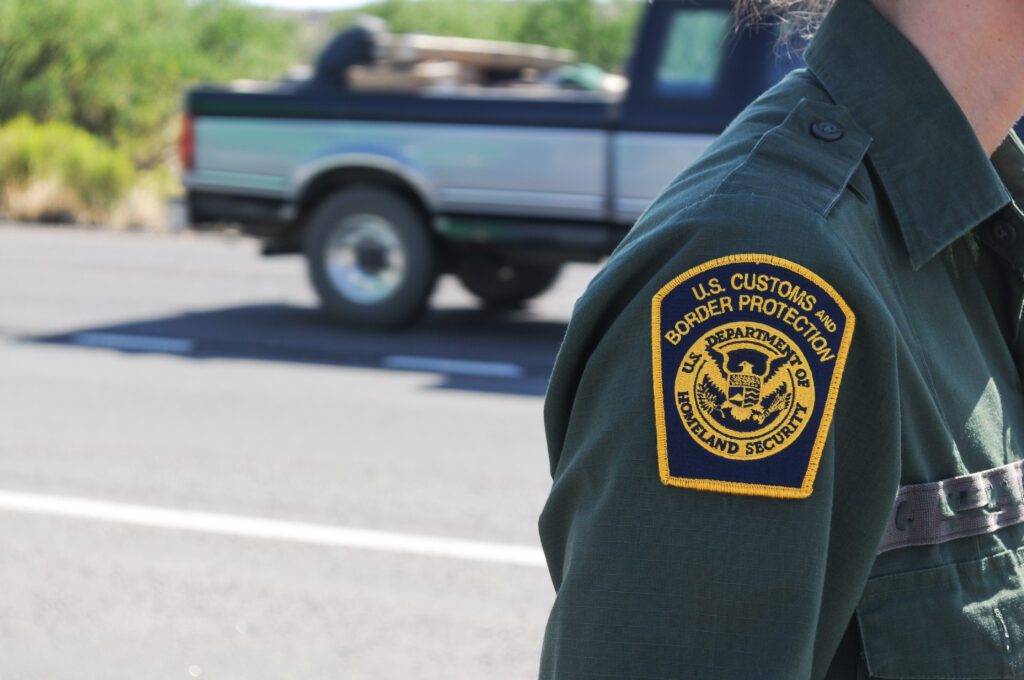
During the last 12 months, U.S. Customs and Border Protections (CBP) officers in Chicago made 121 seizures containing over 3.2 million prohibited Electronic Nicotine Delivery Systems (ENDS) products with a Manufacturer’s Suggested Retail Price of more than $81.5 million.
Almost all the shipments originated from China and were destined for locations across the U.S. Most shipments violated the FDA’s Federal Food, Drug, and Cosmetic Act (FD&C Act), while some were seized for Intellectual Property Rights (IPR) violations, according to CPB. Some of the IPR violations concerned used unauthorized trademarks associated with pop icons. By copying these well-known marks, the seller targeted teens and younger adults, hoping to persuade them to purchase their counterfeited items.
“It is common for bad actors to use popular people and brands to promote their products. In a couple of these instances, they used the name of an influencer with a large following specifically targeting the younger audience,” said LaFonda D. Sutton-Burke, director, Field Operations, Chicago Field Office. “CBP’s trade enforcement mission places a significant emphasis on intercepting illicit products that could harm American consumers, and we will continue to work with our consumer product safety partners to identify and seize unsafe and unlawful goods.”
In addition to IPR violations, CBP seized these products because they lacked the required FDA marketing authorization and were found to be adulterated and misbranded, violating the FD&C Act. Vapes, e-cigarettes, and other electronic nicotine delivery systems that are unapproved by the FDA may contain higher levels of nicotine and other unknown, toxic chemicals, making them extremely hazardous to health.
“Criminals are using every means imaginable to expand the reach of their illicit enterprises,” said Mike Pfeiffer, Chicago area port director. “The sales from illegal goods are used to fuel further criminal activities such as the trafficking of drugs, defrauding innocent people, and purchases of illegal weapons, just to name a few.”
CBP provides basic import information about admissibility requirements and the clearance process for e-commerce goods and encourages buyers to confirm that their purchases and the importation of those purchases comply with state and federal import regulations.

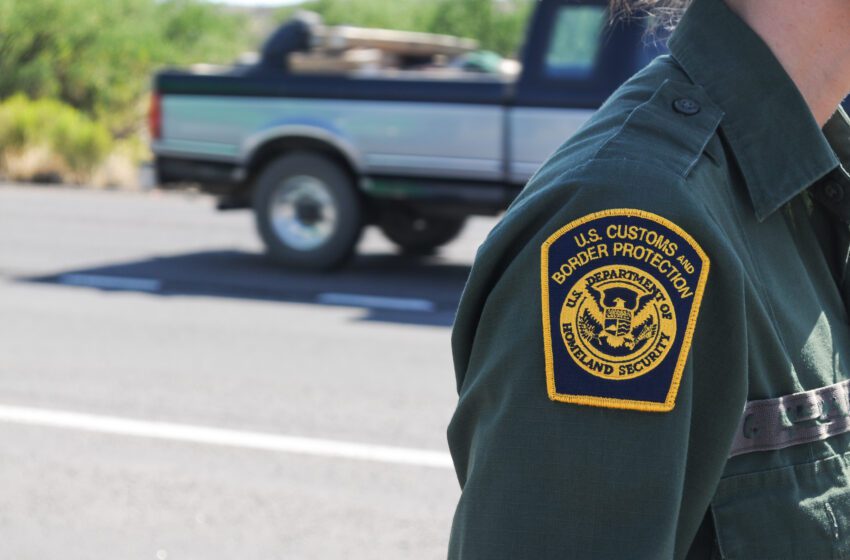
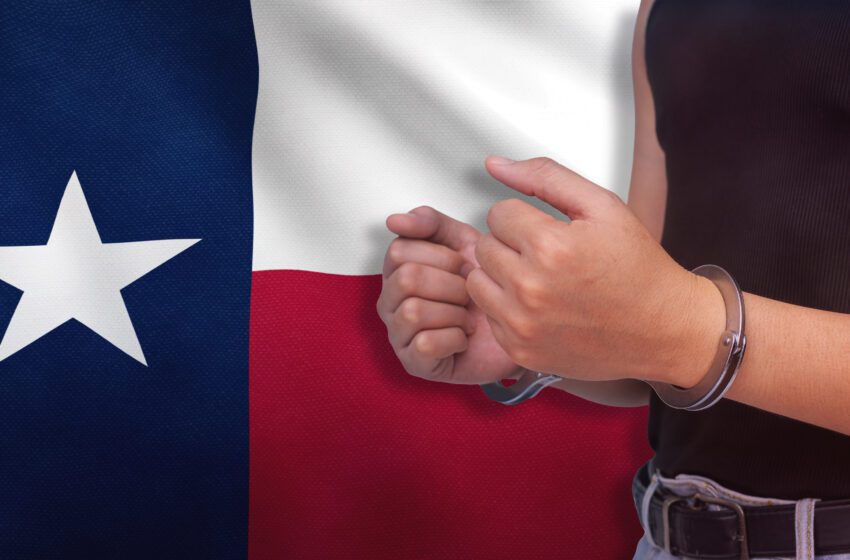

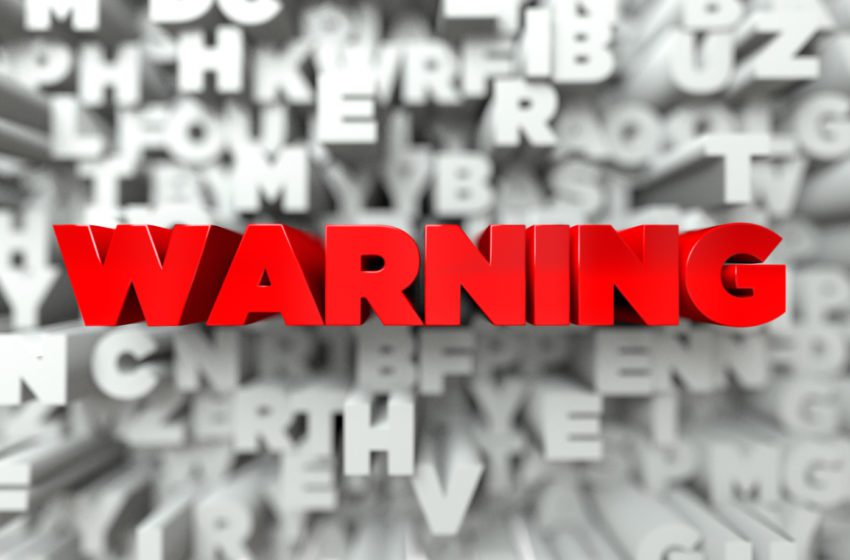

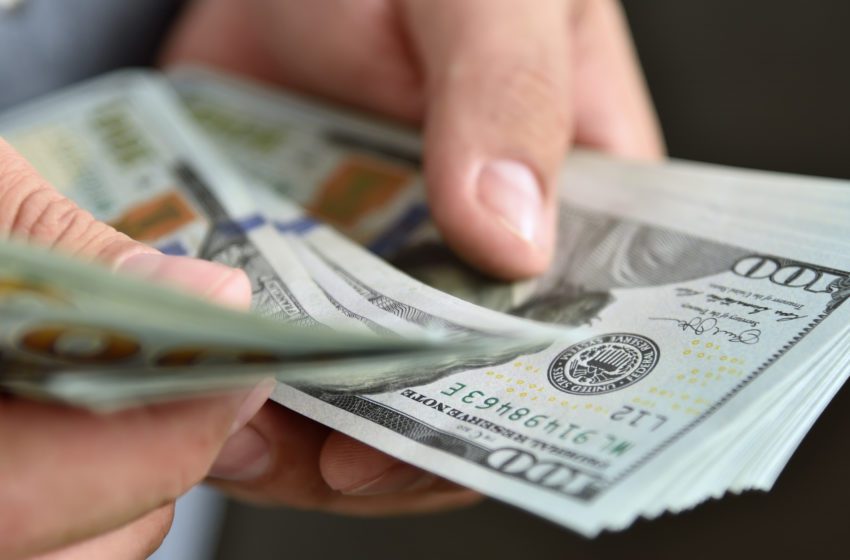
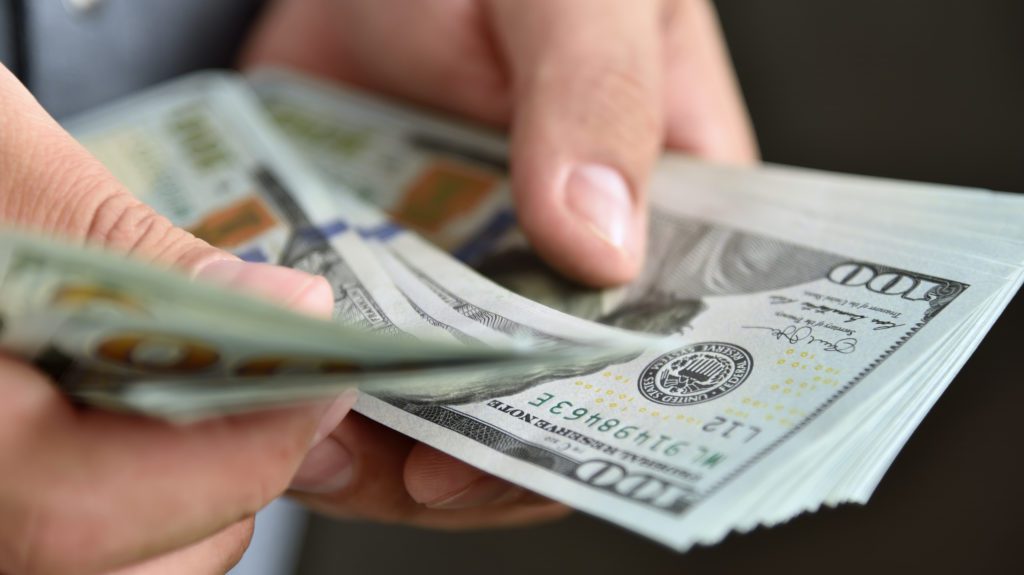
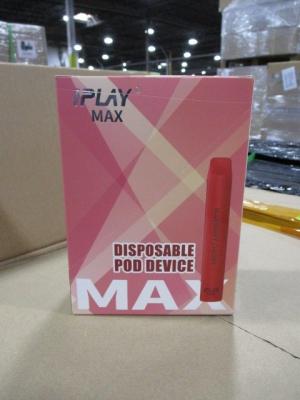
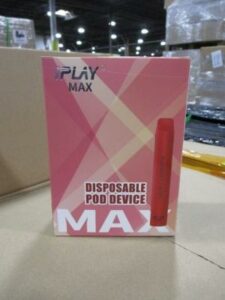 U.S. Customs and Border Protection (CBP) officers in Chicago recently seized 53,700 electronic nicotine delivery systems (ENDS) for violating the U.S. Food and Drug Administration’s Federal Food, Drug, and Cosmetic Act (FD&C Act).
U.S. Customs and Border Protection (CBP) officers in Chicago recently seized 53,700 electronic nicotine delivery systems (ENDS) for violating the U.S. Food and Drug Administration’s Federal Food, Drug, and Cosmetic Act (FD&C Act).



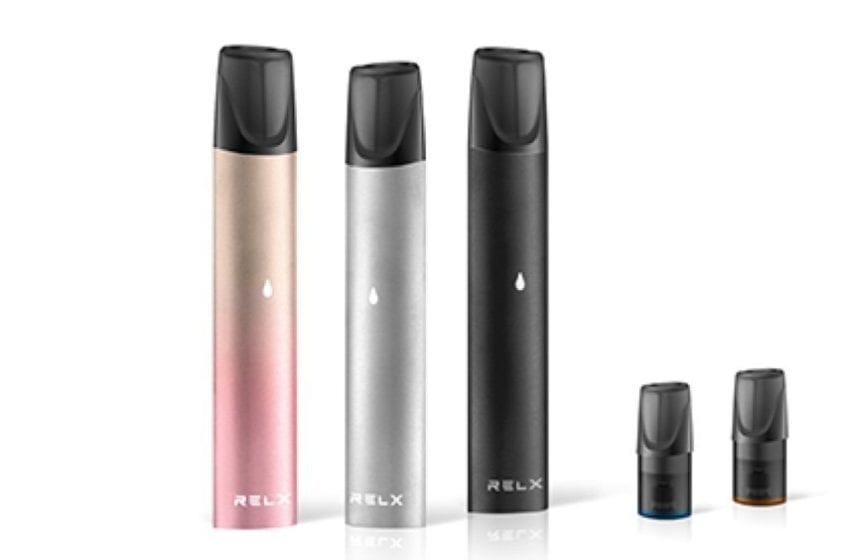
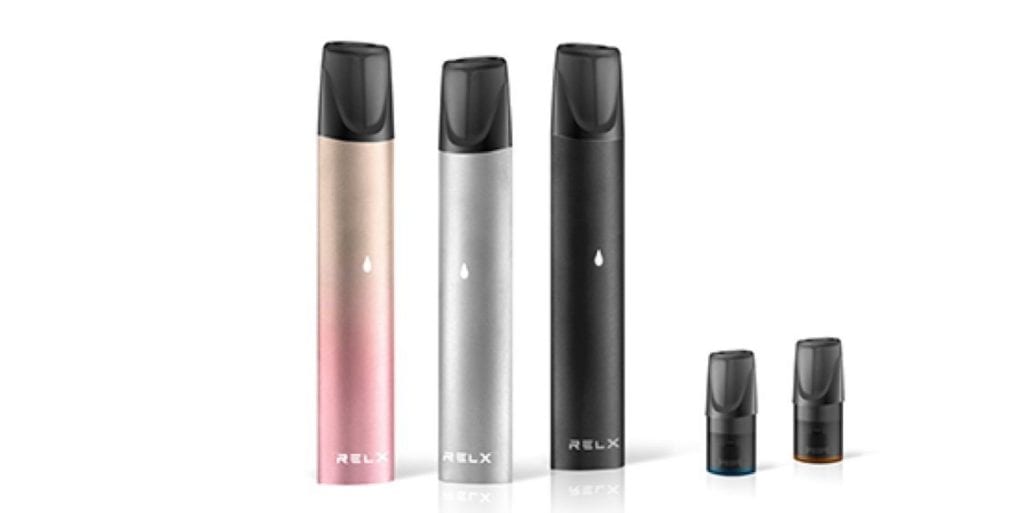
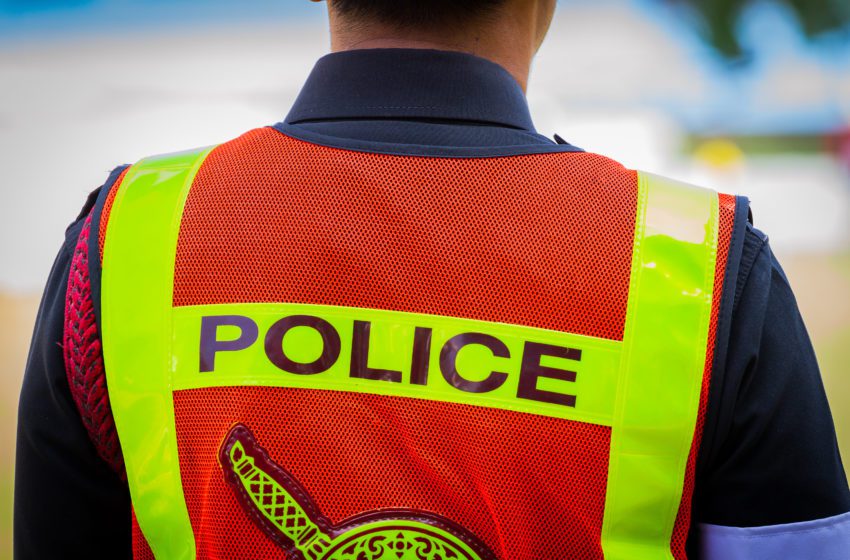
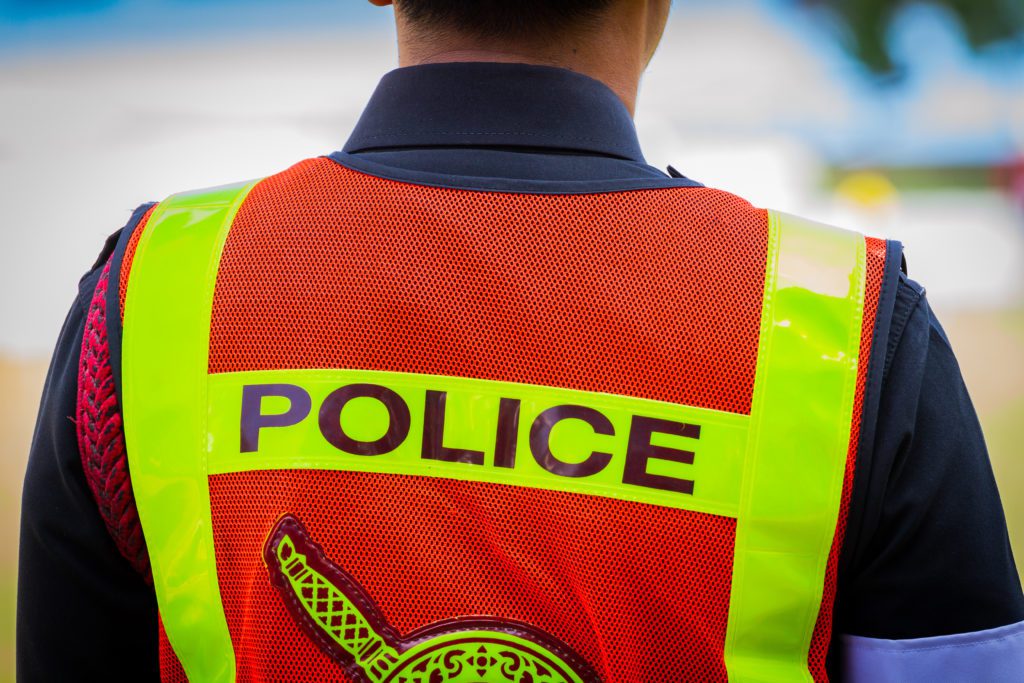


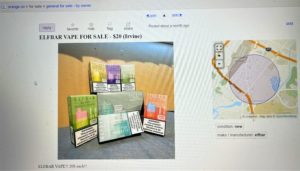 Stat News
Stat News